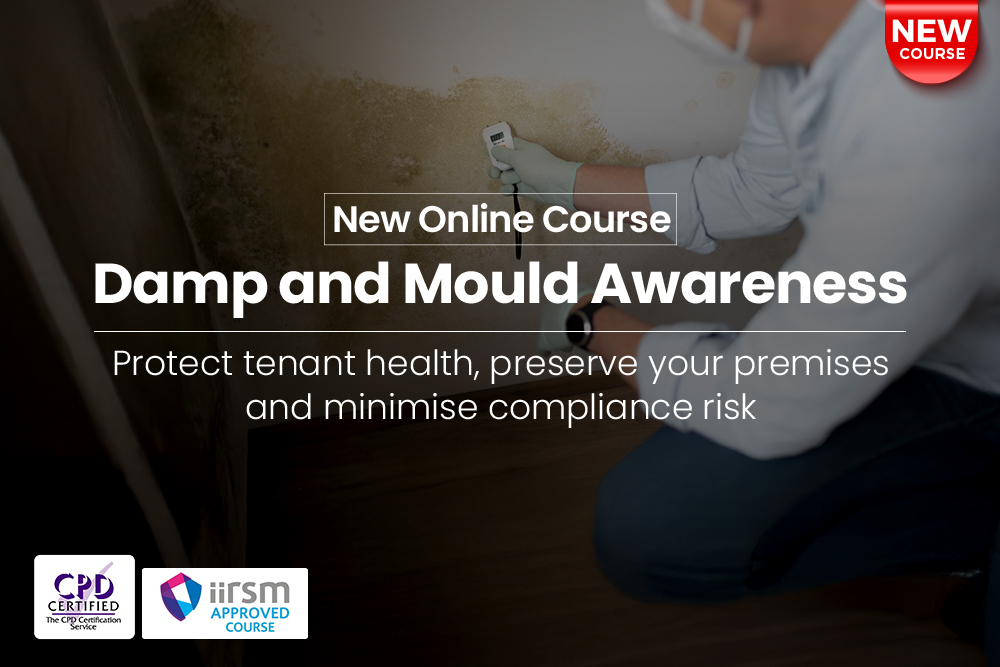
I find stress is like a rubber band. When the pressure starts to crank up, my band stretches out, tension builds in my body, and I am less able to adapt to problems that come up. Stress management techniques can defuse this tension, but it can be difficult to know where to start.
While the Health and Safety Executive has long recognised stress as a workplace hazard, we still aren’t that great at tackling it. We often hide stress in ourselves – saying, “I am fine,” when we are not, as we don’t want to appear incapable or weak. And we often ignore stress in others – after all, mental health is a private issue, isn’t it?
This blog delves into eight effective stress management techniques to offer solutions for when we are stressed, tense and losing our give. These are suggestions that may or may not work for you. After all, there is no one-size-fits-all when it comes to mental health. But there is almost always something that works for everybody.
Tips to Manage Stress
1. Be Kind to Yourself
The natural response to anxiety is not self-care. When that deadline is approaching, most of us ignore our needs and push our minds and our bodies towards the limits. This is due to the biological nature of stress. Stress is a triggered flight or fight response: a primal instinct that prepares us to fight off predators or run like mad from them.
Stress prepares us to sacrifice everything to save our lives. But the reality is, when work obligations are piling up, we aren’t going to die if we don’t complete them in time. Recognising this, it’s crucial to consciously choose self-kindness over self-neglect during stressful times. This is often easier said than done, however.
Take opportunities to support self-care during times of stress in yourself and colleagues whenever you can.
2. Take a Break
Pulling yourself away from your sources of stress can remind your mind and body that you aren’t in a life-or-death situation (unless you are). Breaks also give you the opportunity to rejuvenate your mental fuel. Research suggests that those who are given a regular break perform much better on cognitive tasks.
It’s been recommended to take a 10 to 15-minute break for every 90 minutes of work. While this ratio may vary from person to person and job to job, getting in some form of break is an important stress management technique. The best breaks are those completely away from your sources of stress.
When you deal with stress, do you find it difficult to pull away? Are you and your colleagues taking enough breaks? Remind yourself that, counterintuitively, taking time out will lead to greater productivity in the long run.

3. Breathe
Pulling slow and steady breaths into your lungs can be a powerful stress management technique. There is a clear link between your mind and body. Thoughts of fear, stress, and anxiety send a message to your body to tense up. Your breathing becomes shallow, rapid, and high in the chest—signs of the fight-or-flight response kicking in.
But the body-mind link also works in reverse. Slow and easeful activities communicate to your brain that relaxation is in order. In other words, by consciously changing our breathing patterns to be slower and deeper, we can signal to our body that the immediate danger has passed, encouraging a state of calm.
Deep breathing is a simple activity that can have a massive impact on your daily life. Support yourself and your colleagues in it by identifying a quiet place where they can go for some air.
4. Talk
Who can you talk to when you feel bad? If you don’t have someone, this is a problem. Most of us instinctively know that talking about what’s bothering us leads to feeling better. Science backs this up: Expressing emotions verbally reduces activity in the part of the brain associated with stress and fear.
Like re-directing heavy traffic from a crowded city street to a peaceful country lane, talking gives us space to be less reactive. This makes us more conscious of our situation so we can handle it better.
Neuroscientific studies have also demonstrated that talking to a friend just once a day makes us feel better all around. This includes a simple “How have you been?” conversation.
Support talking in your workplace by ensuring it’s clear to your colleagues who they can go to for unbiased support. Providing an ear to listen when needed can also go a long way.

5. Sleep
The question is not, ‘Do you need it?’ but ‘Why aren’t you getting enough?’ The main culprits are often:
- Too much screen time at night
- Alcohol and caffeine (which lessen sleep quality)
- Poor sleep hygiene (i.e. going to bed at different times or trying to sleep in a noisy or bright environment)
Often, when we experience these, the solutions are simple. It’s just a matter of recognising that sleep needs to be a priority.
If you or your colleagues find yourself complaining that lack of regular sleep is troubling you, your GP is often the best recommendation. GPs are trained to handle issues like this.
6. Run
As mentioned, stress is part of an inbuilt fight or flight response: Our primal caveperson instincts are telling us to fight off predators or run from them. So, if you feel like fighting or fleeing, why not try doing those things?
While you cannot often engage in a fight, there are numerous physical activities to do to burn up that anxiety and energy that comes from stress.
Walk, run, bike, do yoga, go on a rowing machine or try whatever works for you. The NHS recommends we do at least 150 minutes of moderate intensity activity or 75 minutes of vigorous intensity activity a week.
In the workplace, supporting regular activity might look like company support for gym memberships, cycle-to-work schemes and encouraging people to get away from their desks during their breaks.
7. Plan
Planning is an easy way to tackle one of the top causes of workplace stress: lack of control. This makes logical sense. If you lack control over your role, workload, workspace and schedule, you will understandably feel more anxious.
While there will always be some level of unpredictability in the workplace, making an effort to plan around it can ease the burden. For instance, if constant interruptions during the workday are piling on the pressure, plan in uninterrupted morning hours juxtaposed alongside periods of the afternoon when colleagues can reach you.
Providing employees access to Time Management training can provide staff with a practical and tangible tool for addressing anxiety.
8. Ask for Help – When You Need It
If you are struggling with stress, when do you ask for help? For many of us (traditionally us men), the answer is a simple: “Never!”
While the stigma (fear of judgement) can be very real, both in our minds and in the real world, it’s important that we don’t let it control our actions. Unchecked health issues of any sort tend to worsen. And they can hold us back both in our personal and professional lives.
While there is never a clear sign that it’s time to speak up, some clues may be:
- Ongoing/continuing stress
- Self-medicating (i.e. drinking to relieve stress)
- Insomnia due to stress
- Feeling paralysed due to stress
- Noticing behavioural changes due to stress
Anonymous help exists within numerous organisations (ask your HR department if you have a Mental Health First Aider programme) and from your GP, as well as charities within the UK such as Mind and the Samaritans.
What You Can Do to Develop Stress Management Techniques
As mentioned at the start, you may not find all of these stress management techniques effective. As discussed, every person and workplace are different. However, what’s crucial is making tackling stress a priority. This will give us the ability to adapt to the individual needs of ourselves and our colleagues.
If you would like to give your workplace a mental health boost, Human Focus’ Stress Management Training course is designed to provide staff with a key understanding of workplace stress. It helps them identify what it is, how to spot it and what to do if they feel it’s impacting their working or personal lives.



























































































































































































































































































































































































































































































































































































































































































































































